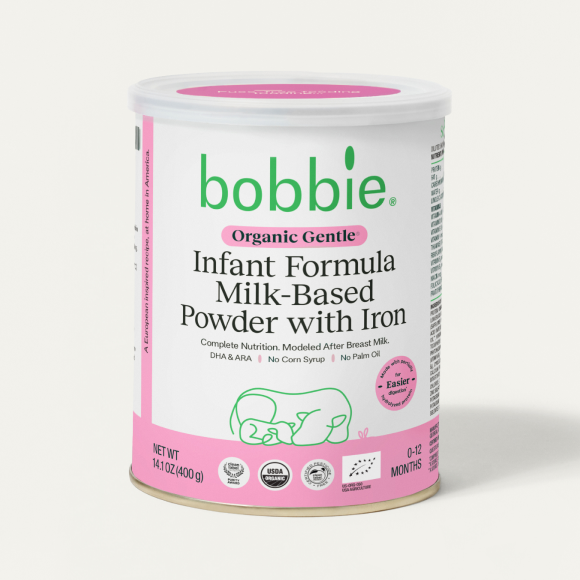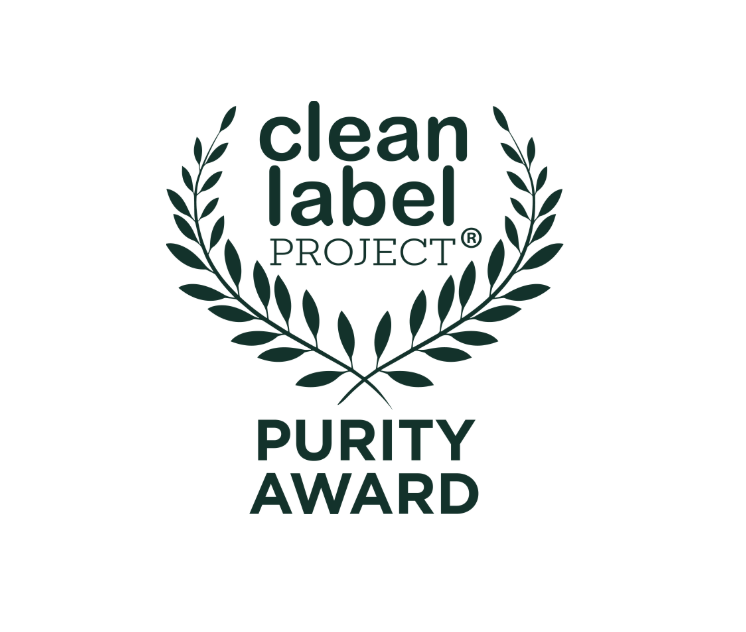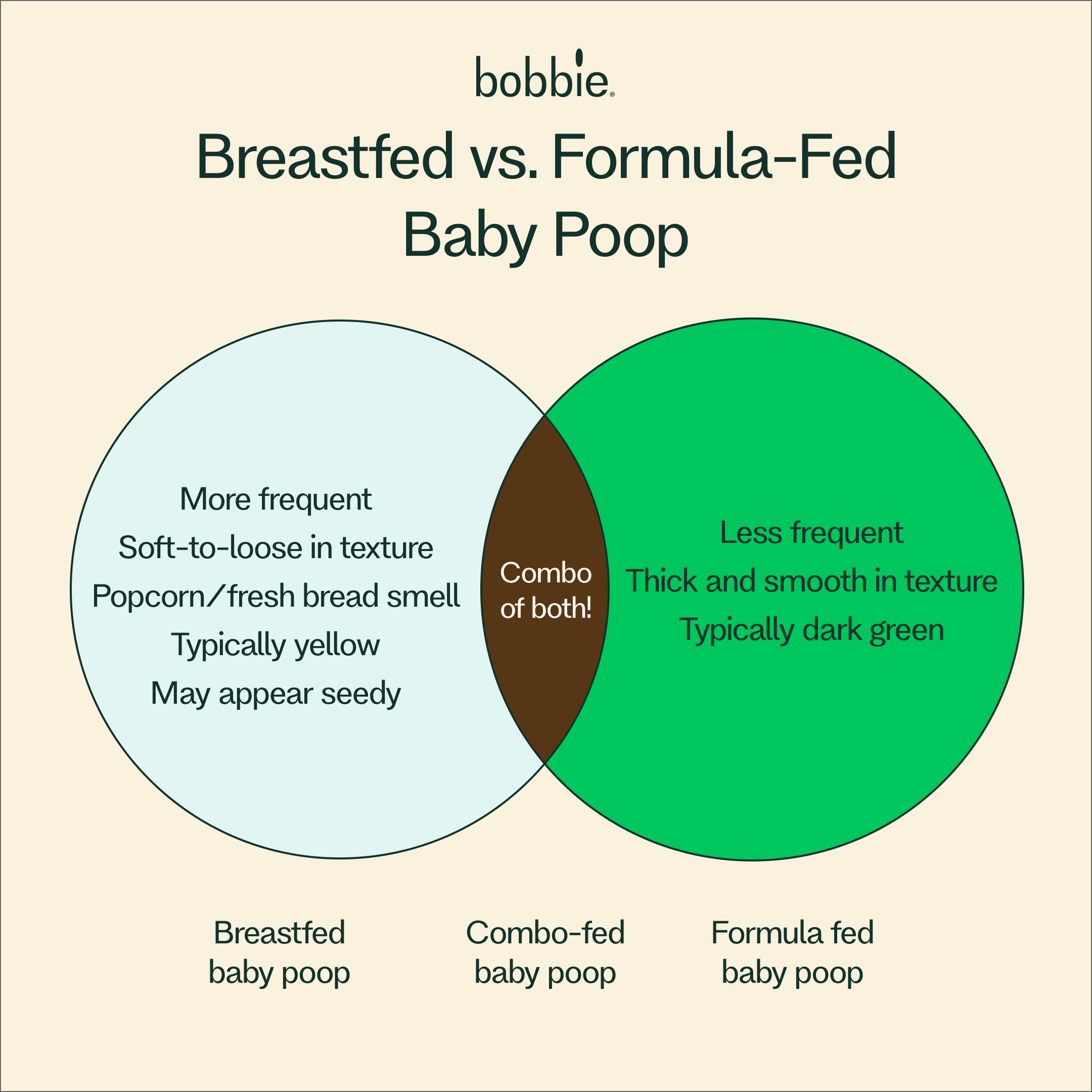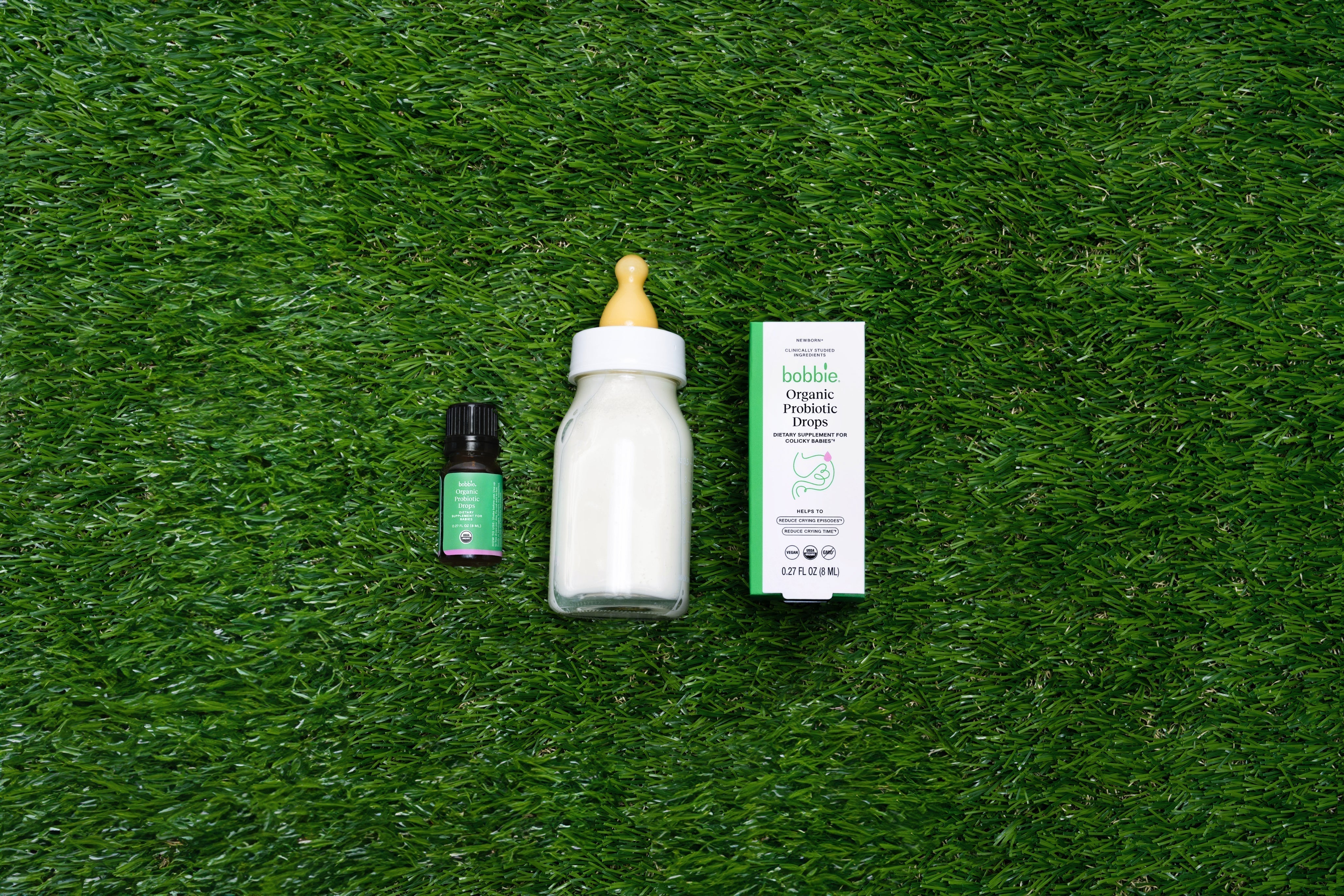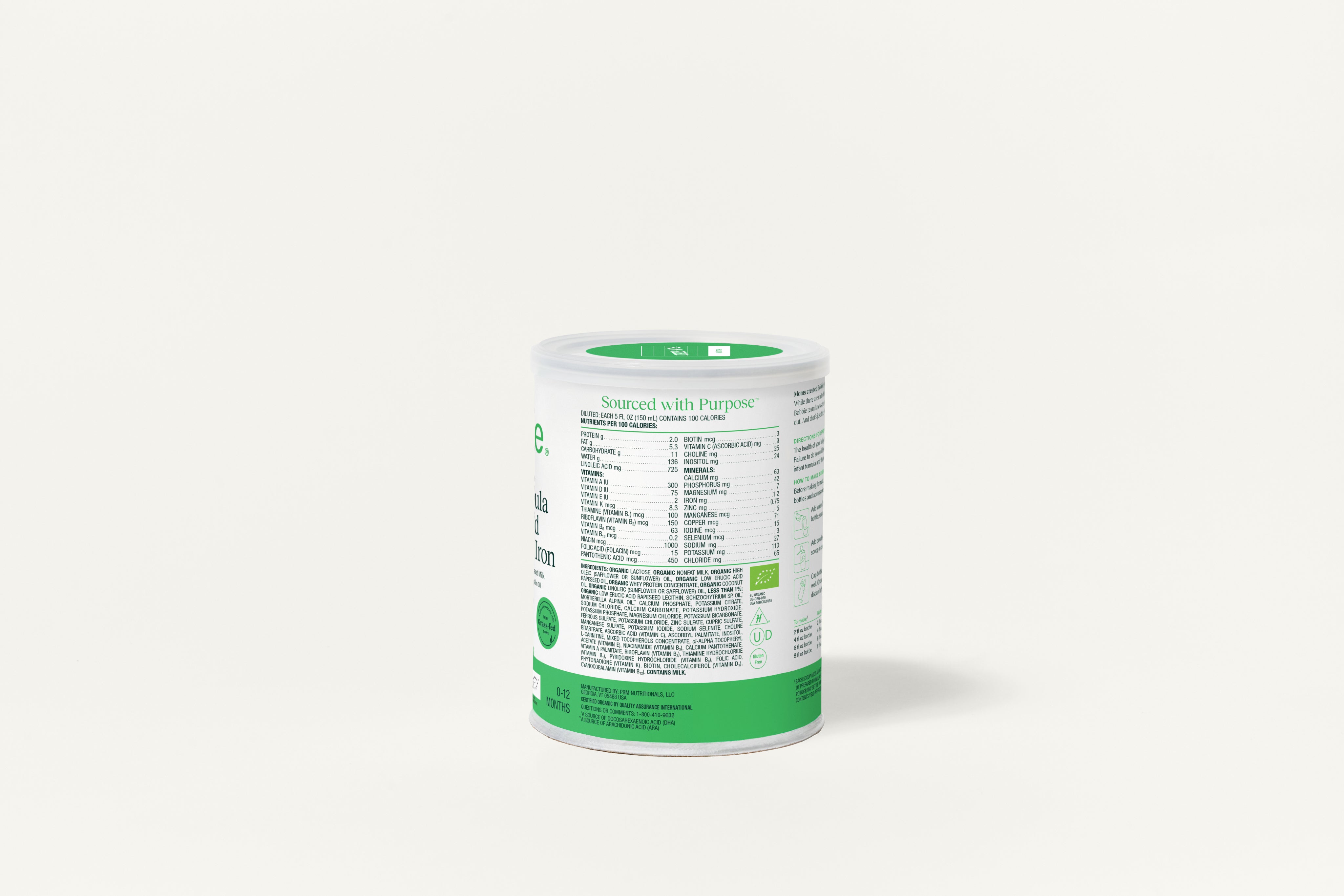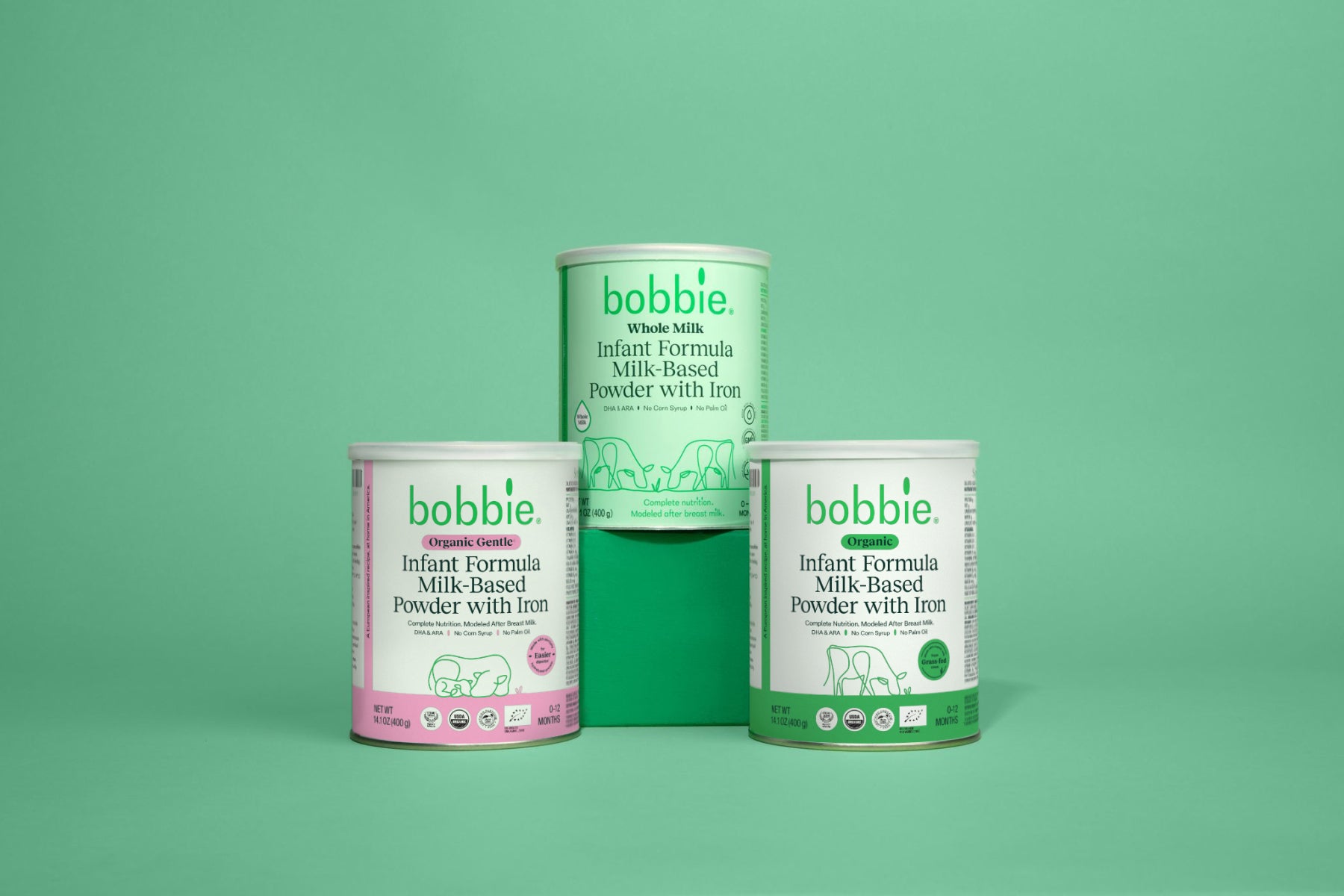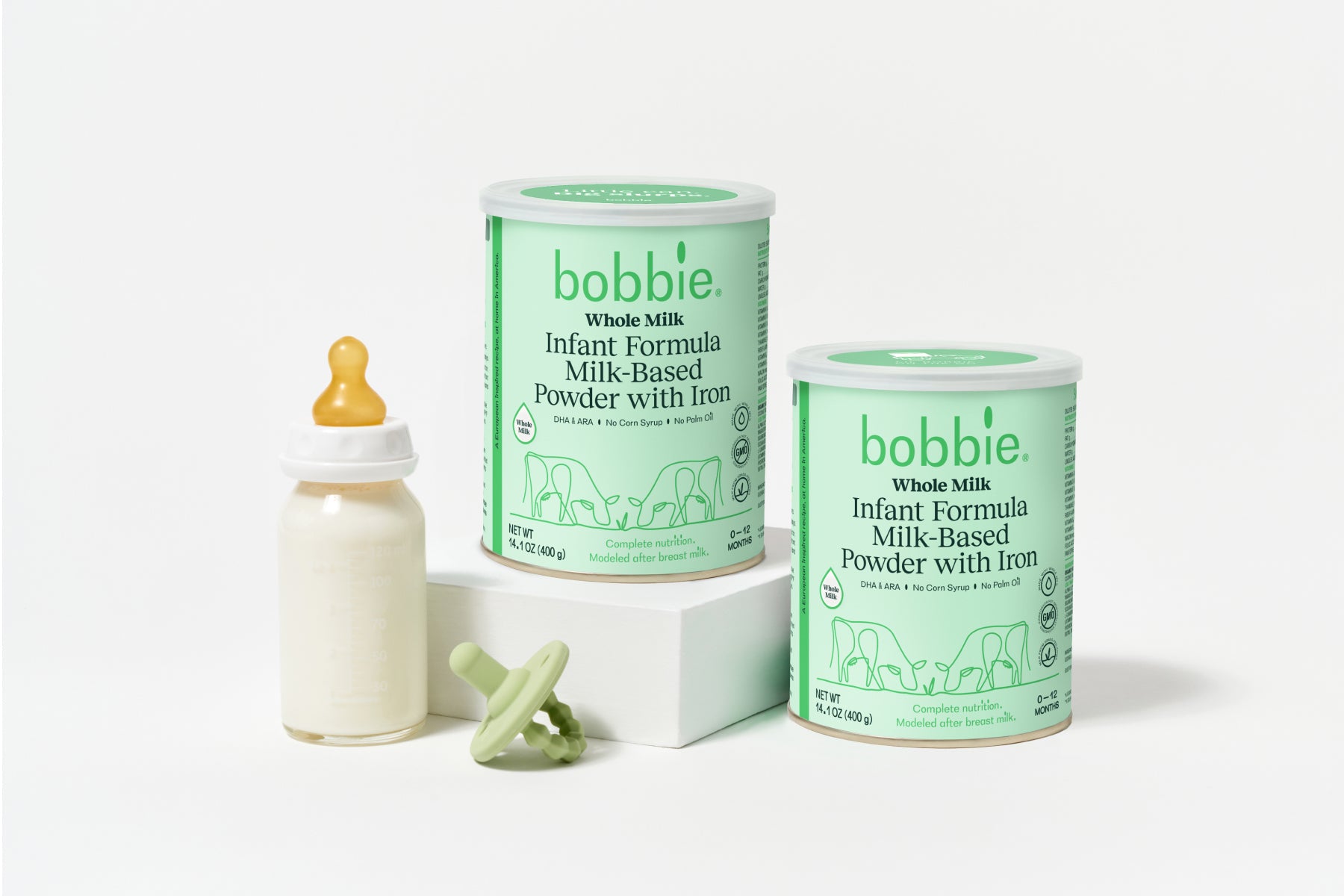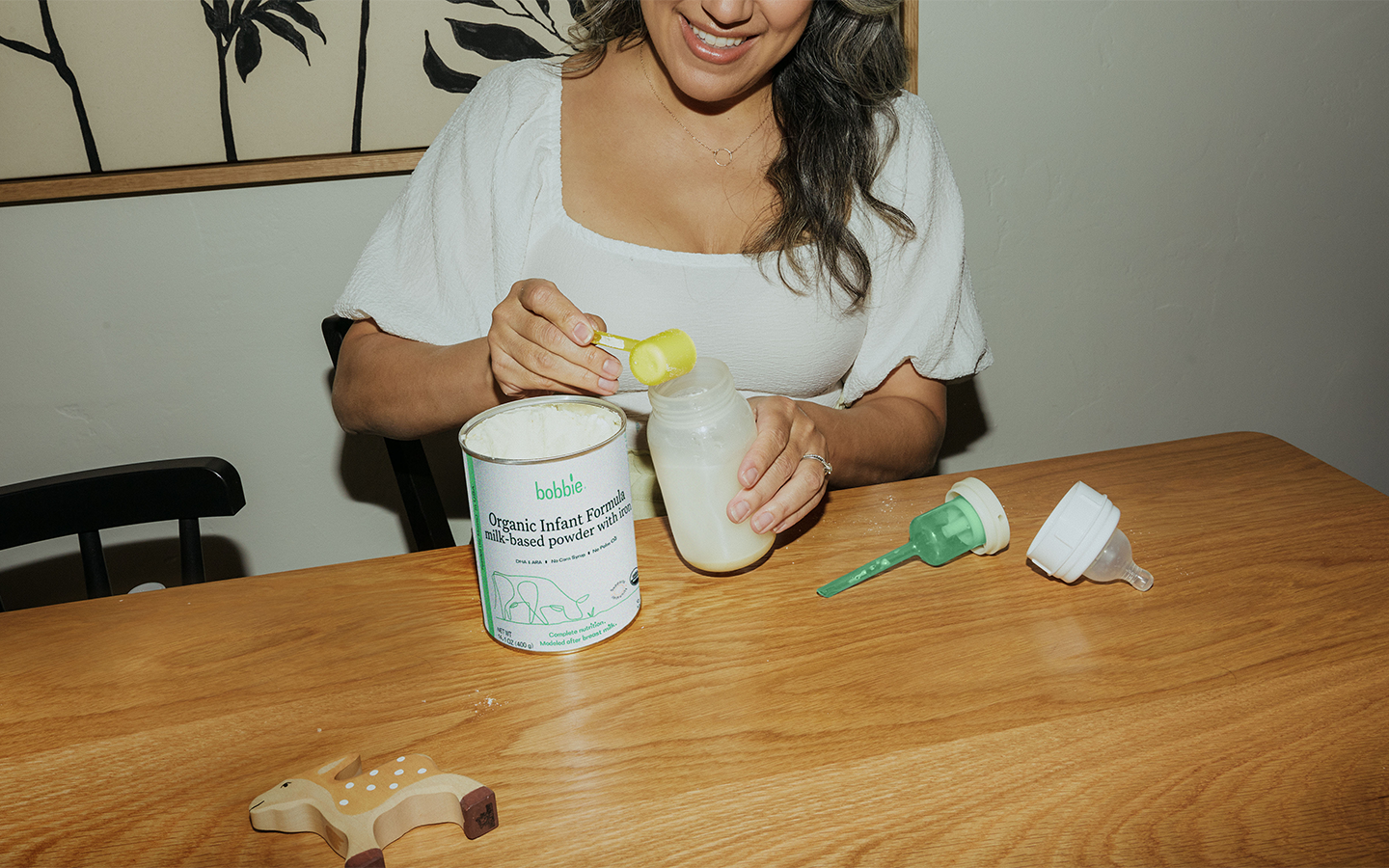Published October 22, 2024

Whole Milk vs Skim Milk Infant Formula: Understanding the Differences for Your Baby
As a new parent, selecting the best infant formula for your baby is an important decision, and one choice you might face is between skim milk and whole milk infant formulas. While these options may seem quite different at first glance, there are similarities in terms of the essential nutrition they provide. Both skim milk and whole milk formulas are designed to provide the required nutrients established by the FDA which is modeled after breastmilk, but there are a few distinctions worth noting. Here's a guide to help you understand how they compare and what makes each one unique.
What Is the Difference Between Skim Milk and Whole Milk Infant Formula?
The main difference between skim milk and whole milk infant formula is the source of fats. Whole milk infant formulas contain the natural milk fat found in cow's milk as well as oils in order to meet the nutrient requirements established by the FDA. Skim milk infant formulas contain oils to meet those same nutrient requirements. This oil blend is designed to meet the nutrient requirements established by the FDA for infant formula, ensuring your baby gets the necessary fat for healthy growth and brain development. However, whole milk infant formulas contain an extra naturally-occurring component from whole milk known as milk fat globule membrane (MFGM), a complex structure found in milk fat that may provide additional benefits.
Despite these differences, both infant formulas are designed to meet the FDA requirements for infant formula and support your baby’s nutritional needs, ensuring they receive the right balance of protein, carbohydrates, and fats for healthy development.
Bobbie's Grass-Fed Whole Milk Infant Formula is a complete nutrition recipe made with grass-fed whole milk from pasture-raised cows. It features naturally-occurring Milk Fat Globule Membrane (MFGM) from whole milk, DHA, ARA, and choline to support brain development.
Shop Grass-fed Whole Milk Infant Formula

Whole Milk Infant Formula: Featuring Whole Milk, A Source of Milk Fat Globule Membrane (MFGM)
Whole milk infant formulas include the natural fat from whole cow’s milk. Importantly, whole milk contains naturally-occurring MFGM, a component of milk fat that has been linked to cognitive and immune system benefits in infants. MFGM is naturally found in breastmilk, and research has suggested that it can play a role in supporting brain development, immune health, and gut function.
Because of the presence of MFGM in whole milk, some parents choose whole milk infant formulas when they want a product that models the composition of breastmilk in terms of both fat content and additional bioactive compounds.
Key Benefits of Whole Milk Infant Formula:
- Contains whole milk, a source of naturally-occurring MFGM, which may support brain development and immune function.
- Provides a source of natural milk fat for energy and fat-soluble vitamins.
Skim Milk Baby Formula: Modeling Breastmilk with Oil Blends
Skim milk infant formulas are made from cow’s milk that has had the natural milk fat removed. To replace this, skim milk formulas use a blend of vegetable oils, which may include oils like coconut, low erucic rapeseed (canola), soybean, palm, safflower or sunflower oil, to model the fat profile of breastmilk and to meet FDA nutritional requirements for fat in infant formula. This oil blend ensures that skim milk formulas provide the necessary fatty acids, such as omega-3s (like alpha linolenic acid) and omega-6s (like linoleic acid), to support brain development and overall growth.
Skim milk infant formulas are often fortified with other important fatty acids, including DHA and ARA, which play a role in cognitive and visual development. As a result, skim milk formulas can still provide excellent nutritional support for babies, offering a balance of fats, proteins, and carbohydrates that supports healthy growth.
Key Benefits of Skim Milk Infant Formula:
- Uses oil blends to provide necessary fatty acids to model breastmilk’s fat content and meet FDA nutritional requirements for fat in infant formula.


Your go-to resource for all things new baby.
Sign up to get the scoop on feeding, sleep, poop, and so much more.
By singing up for email, you are to receive marketing emails from Bobbie and can manage your email preferences or unsubscribe at anytime
Whole Milk Formula vs Skim Milk Formula: How Similar Are They?
In many ways, whole milk and skim milk infant formulas are more alike than they are different. Both types of infant formula are designed to meet the same high standards established by the FDA for infant nutrition, ensuring that your baby receives the proteins, carbohydrates, fats, and micronutrients they need. Both whole milk and skim milk infant formulas are often fortified with key nutrients like DHA and ARA, which are crucial for cognitive development.
The key difference lies in how the fats are sourced and the presence of MFGM in whole milk formulas. Whole milk formulas contain natural milk fat and MFGM, while skim milk infant formulas use oil blends to replicate breastmilk’s fat composition, providing all the essential fatty acids your baby needs.
Consult Your Pediatrician
As always, consult with your pediatrician when choosing an infant formula for your baby. They can provide personalized advice based on your baby’s growth patterns, health, and nutritional needs. Whether you choose whole milk or skim milk infant formula, you can rest assured that both are excellent options designed to support your baby’s healthy development.
Whole Milk and Skim Milk Formulas Offer Similar Nutrition
Both whole milk and skim milk infant baby formulas provide the essential nutrients your baby needs to grow and thrive. While whole milk infant formulas include natural milk fat and naturally-occuring MFGM from whole milk, which may offer additional benefits, skim milk infant formulas use specially designed oil blends to mimic the fat profile of breastmilk. Ultimately, whichever option you choose, you can feel confident that both whole milk and skim milk infant formulas are designed to provide the vital nutrition your baby needs for healthy development.
Bobbie is here to support your feeding journey, whether with our Organic Infant Formula, Organic Gentle Infant Formula or Grass-fed Whole Milk Infant Formula. Feeding is a journey, and we’re here to help!
Bobbie's Grass-Fed Whole Milk Infant Formula is a complete nutrition recipe made with grass-fed whole milk from pasture-raised cows. It features naturally-occurring Milk Fat Globule Membrane (MFGM) from whole milk, DHA, ARA, and choline to support brain development.
Shop Grass-fed Whole Milk Infant Formula

The content on this site is for informational purposes only and not intended to be a substitute for professional medical advice, diagnosis or treatment. Discuss any health or feeding concerns with your infant’s pediatrician. Never disregard professional medical advice or delay it based on the content on this page.








